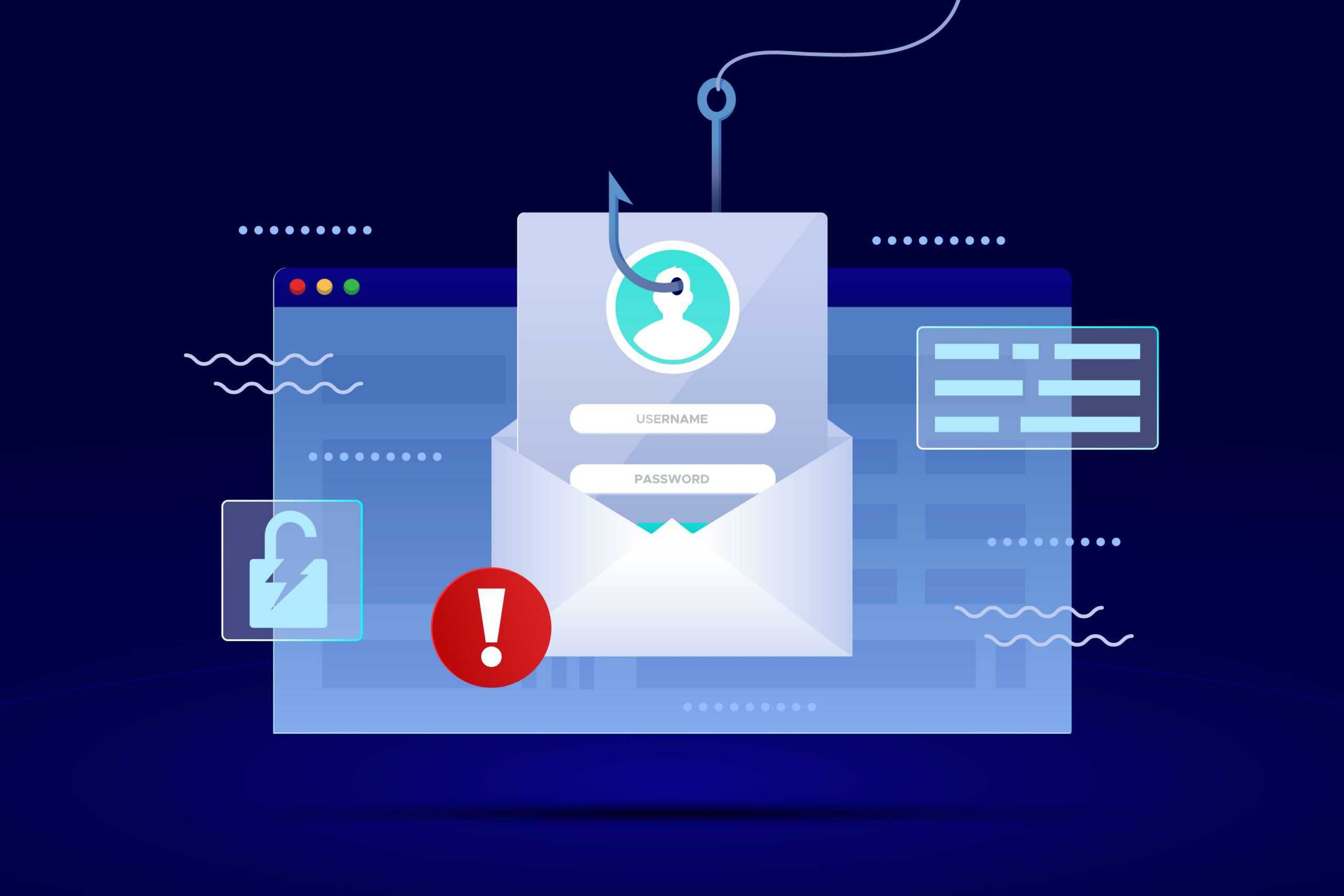
10 Common Traits of Phishing Emails
Phishing is one of the most common attack methods used by cybercriminals and the one we’re all probably most familiar with. Fortunately, there are signs that can help you identify whether or not that email in your inbox is a scam.
Asking for Personal Information
Most reputable organizations will never email you asking for your address, phone number, social insurance number, or other personal data.
Inconsistencies in Links
Always hover over links with your mouse pointer to display the full URL. If it leads somewhere that doesn’t logically belong within the context of the email, or generally looks nonsensical, don’t click!
Unrealistic Threats
Phishing emails often feature threatening language, such as “Payment overdue!” or “Your account has been compromised!”, in order to generate a response from their targets.
Generic Greetings
Unlike legitimate entities that will address you by your full name or username, phishing emails usually opt for generic greetings, such as Dear Customer or Dear Sir/Madam.
A Sense of Urgency
Similar to unrealistic threats, emails that urge you to click on a link or download an attachment or update your account immediately are likely scams.
You’re Asked to Send Money
Whether it be overdue taxes or an upfront payment to cover expenses, any email that asks for money should immediately raise your suspicions.
Too Good to Be True
The old saying remains true to this day: if it’s too good to be true, it’s likely untrue. Keep that in mind any time you get an email claiming you won the lottery or are due a large family inheritance.
Poor Spelling & Grammar
Most generic phishing attempts contain spelling and grammar errors or feature awkward wording/phrasing.
Suspicious Attachments
Attachments aren’t always malicious, but use extreme caution whenever you receive them unexpectedly.
From a Government Agency
In almost every case, government agencies don’t use email to communicate anything of consequence. The CRA, for example, will never email you about your taxes or payments.



Post a Comment
You must be logged in to post a comment.



